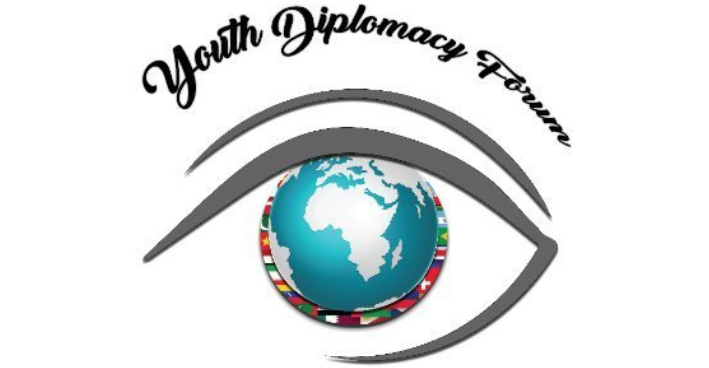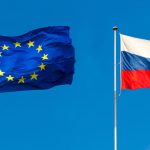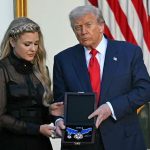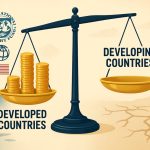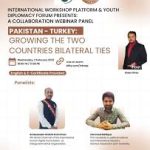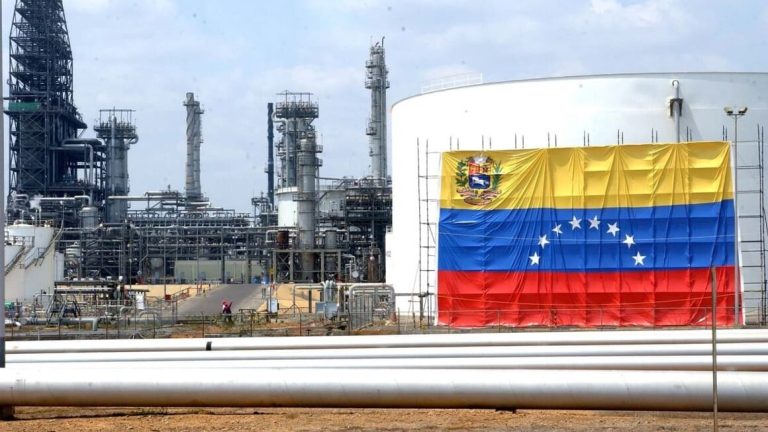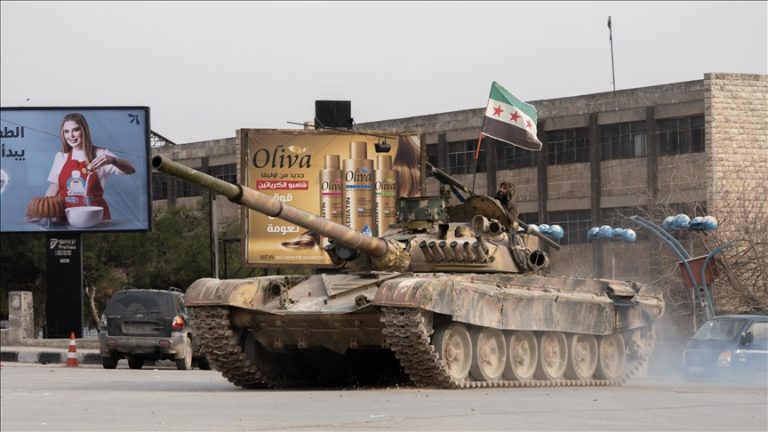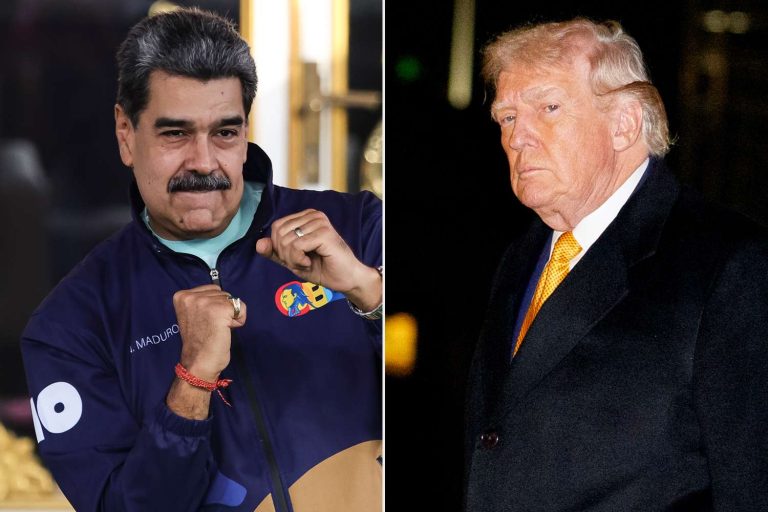Only months after the RCMP accused his administration of murder, extortion, and coercion, Prime Minister Mark Carney defended his choice to invite Indian Prime Minister Narendra Modi to the G7 summit in Alberta.
Given India’s size and crucial role in the global supply chain, Carney, the G7 chair this year, said it is crucial that world leaders have the country at the table in Kananaskis as they debate topics like energy security and essential minerals.
He claimed to have discussed the choice with the other G7 leaders.
Additionally, Carney implied that India is now more open to cooperating with current Canadian inquiries.
Importantly, we have now decided to keep up the law enforcement conversation. Thus, some work has been made on that,” Carney stated at a press conference on Friday.
“I extended the invitation to Prime Minister Modi in that context and he has accepted.”

Given Canada’s explicit charge that officials of the Indian government are engaged in schemes to incite fear and cause violence on Canadian soil, the invitation, which was made public earlier Friday morning, was quickly denounced.
In a statement released last October, the RCMP accused Indian government agents of being involved in “widespread violence” in Canada, including killings, and warned that this constituted “a serious threat to our public safety.”
That followed Canada’s accusation that Indian government operatives were responsible for the killing of Sikh separatist activist Hardeep Singh Nijjar.
The decision sparked “outrage and pain” among the Sikh community across Canada, according to the World Sikh Organization of Canada.
“For Sikhs in Canada, this is a betrayal, not just of our community, but of core Canadian values,” President Danish Singh said in a statement.
Canada’s Sikh Federation described the trip as “a grave insult.”
The remarks from the RCMP were made over a year after Justin Trudeau, the prime minister at the time, declared that Canada had proof that Indian operatives were responsible for the Nijjar murder.
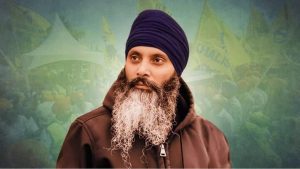
Speaking in the House of Commons in September 2023, Trudeau stated that Canadian security services were looking into reliable claims of a possible connection between Nijjar’s death and Indian government agents.
Nijjar, a Canadian, was a well-known local figurehead in the Khalistan movement, which aimed to establish an independent Sikh state in India.
A B.C. court is hearing the cases of four Indian nationals who are believed to have been involved in the assassination plan. In response, New Delhi has refuted the claims and charged Canada with aiding “Khalistani separatists.”
On June 16 and 17, the president of the European Commission and leaders from the G7 nations – Canada, France, the United Kingdom, Germany, Italy, Japan, and the United States will travel to Alberta for high-level meetings.
Pierre Poilievre, the leader of the Conservative Party, described the invitation as “necessary,” stating that Canada and India must cooperate on trade and security issues.

“India attended the last six G7 summits. Its economy is among the largest and most rapidly expanding in the world. He stated on Friday that we must sell India our natural gas, civilian nuclear power technologies, and other resource initiatives.
“We want to see the government work on addressing security issues at the same time when the prime minister has those conversations.”
Carney was urged by the NDP to withdraw the offer.
According to Jenny Kwan, the party’s critic for national security and public safety, “it is unconscionable that the government would roll out the red carpet” for Modi.
“This move undermines efforts to hold foreign powers accountable for interference and violence in our country.”
Source: CBC News
